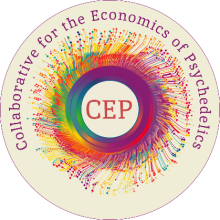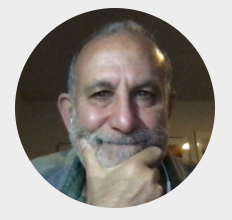Jim Kahn
James G. Kahn, MD, MPH is professor in the Philip R. Lee Institute for Health Policy Studies, Global Health Sciences (GHS), and the Department of Epidemiology and Biostatistics at UCSF. He is the founder and director of the UCSF Global Health Economics Consortium (GHECon). Dr. Kahn is an expert in cost-effectiveness analysis and associated methods of decision analysis, systematic review, meta-analysis, and costing. He has published widely on the cost and cost-effectiveness of HIV prevention and treatment in the developing world, as well as on other health conditions (e.g., malaria, maternal health, family planning, neurology, and orthopedics). For the U.S. setting, he has published on HIV and STI economic and clinical effectiveness issues, as well as health system administrative inefficiency.
Dr. Kahn is the PI for the Consortium to Assess Prevention Economics (CAPE), a multi-institution collaboration working with CDC to examine prevention and treatment strategies for HIV, TBV, hepatitis, and sexually transmitted diseases in the United States. Dr. Kahn is also the PI for the UCSF component of a NIDA-funded modeling consortium now in year 17 of 20. He was the PI for Global Health Decisions, which examined efficacy data for interventions for 8 global health conditions and is modeling disease burden reduction and cost-effectiveness forHIV interventions via a user-friendly graphic web interface. In 2012, he published in PLoS one the first cost and cost-effectiveness analyses of community integrated prevention campaigns combining HIV voluntary counseling and testing, bednets to prevent malaria, and water filters to prevent diarrhea. In 2011, he published a cost-effectiveness analysis of lab monitoring for ART based on an RCT in Uganda, in the British Medical Journal, and published analyses of the impact of expanded ART on HIV prevention and treatment in South Africa. In 2006 he published the first cost-effectiveness analysis on male circumcision for HIV prevention. He was the PI for PANCEA (Prevent AIDS: Network for Cost-Effectiveness Analysis), a study of the unit costs of 8 HIV prevention strategies in 5 countries, the largest HIV prevention cost study until 2013.
Dr. Kahn has been funded by NIH (through various mechanisms), CDC, UNAIDS, WHO, the Institute for Cost-Effectiveness Research (ICER), the Bill and Melinda Gates Foundation, the Robert Wood Johnson Foundation, the Kaiser Family Fund, Kaiser Permanente Health Plan, and several private companies. He leads two core economics courses at UCSF: global health economics and decision and cost-effectiveness analysis.




